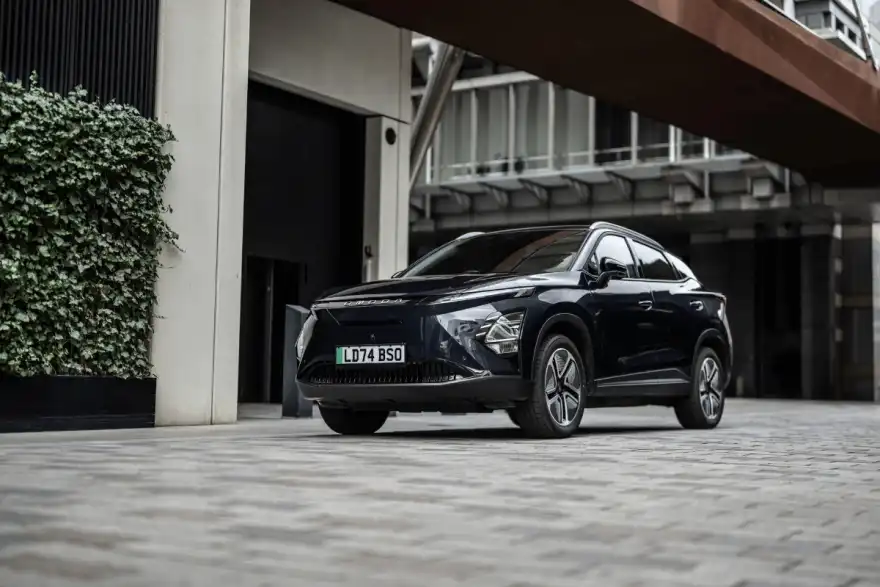
For many drivers, the biggest unknown about switching to an electric car is the battery. Will it last? How much does performance decline over time? And what happens if it eventually needs replacing? The reality is that EV batteries are far more robust than many people expect, with long lifespans, strong warranties, and new technologies on the horizon that will make them even better.
How Long Do EV Batteries Last?
Most modern electric cars use lithium-ion batteries, engineered to withstand thousands of charging cycles. Manufacturers typically predict a lifespan of 10 to 20 years, depending on use and conditions. In fact, many of the earliest EVs are still on the road today with only minor reductions in capacity.
Industry data suggests that EV batteries degrade slowly, losing about 1.8–2.3% capacity per year, so after 8–10 years or 100,000 miles, they usually retain 80–90% of their original capacity, which is still enough for the majority of drivers’ daily needs.
What Affects Battery Health?
Several factors play a role in how an EV battery ages:
- Charging patterns: Rapid charging generates more heat, which can affect long-term health. Balancing quick top-ups with slower, overnight home charging helps.
- Temperature: Extreme cold can reduce efficiency, while high heat can stress battery chemistry. Modern cars use thermal management systems to counteract this.
- Depth of discharge: Running from 100% to 0% regularly can accelerate wear. Keeping the battery between 20% and 80% for daily use can help prolong its life.
Warranty Protection
To give drivers confidence, most manufacturers back their batteries with long-term warranties. These typically cover 7 or 8 years, or around 100,000 miles, guaranteeing replacement or repair if capacity drops below a set threshold, usually 70%.
For example, OMODA’s EV models are supported by strong warranty cover, ensuring that drivers can rely on consistent performance for many years of ownership.
Can EV Batteries Be Replaced?
Yes. If a battery does lose too much capacity, replacement is possible. While historically expensive, costs are falling as production scales and technology improves. In addition, many manufacturers are developing recycling programmes to reclaim valuable materials and reduce environmental impact.
Batteries that no longer meet automotive standards can also be repurposed for energy storage, giving them a useful “second life” in homes, businesses, or even power grids.
The Future of EV Batteries
The next decade will bring major advances. Solid-state batteries promise higher energy density, faster charging, and even longer lifespans. Research is also ongoing into chemistries that rely less on rare materials, making EVs more sustainable and affordable in the long term.
The Bottom Line
EV batteries are built for the long haul. With typical lifespans stretching beyond a decade, robust warranties, and technology that continues to improve, battery life should not be a barrier to making the switch. With brands like OMODA introducing advanced management systems to protect their batteries, drivers can be confident that today’s EVs will remain reliable well into the future.



